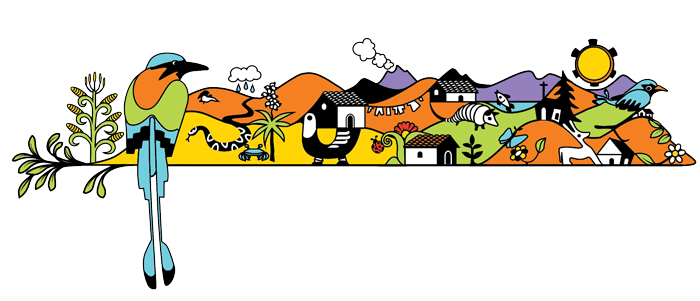Since 1992, CoCoDA has been connecting United States citizens, churches, service clubs, universities, and organizations with grassroots cooperatives and community development organizations in El Salvador. In 2016, we brought this same approach to Nicaragua.
500,000
BENEFITED PEOPLE
30
YEARS
30
SCHOOLS, COMMUNITY AND HEALTH CENTERS
2,500
TOTAL SUPPORTERS
10
COMMUNITY BASED WATER SYSTEMS
7
SOLAR POWERED SYSTEMS
Our Mission
CoCoDA is a non-profit organization devoted to the mission of cooperating in projects for democratic, community-based social and economic development in Central America, and promoting awareness and social responsibility in the United States for more just relations with Latin America.
We have two simple goals…
- To build such strong relationships between the people of the United States and Central America that the United States will never again subsidize the oppression of Central Americans.
- To help rebuild the communities and infrastructure destroyed by United States dollars during the Salvadoran Civil War and Nicaraguan conflict.
In the process of accomplishing these goals, we also hope to transform the worldview of North Americans by helping them to understand both their privilege and responsibility as citizens of the United States and Canada
Our Values
Grassroots Organizing and Ownership
Salvadorans and Nicaraguans plan, organize and own all the initiatives and projects.
Relationship Building
North Americans and Central Americans working side by side, to become friends.
Ethical Engagement
We are committed to ethical collaboration and fair trade, without exploiting our partners.
Fiscal Responsibility
Every dollar donated to CoCoDA is intended to improve the quality of life for Central Americans and should be used as efficiently as possible.
Sustainability
All initiatives and projects must be sustainable using the resources and ingenuity of Salvadorans and Nicaraguans.
Cultural Sensitivity
All CoCoDA volunteers are expected to participate in historical/cultural orientations upon arriving in El Salvador or Nicaragua.
Volunteers spend at least part of their visit living with host families.
|
|
|
|
|
|
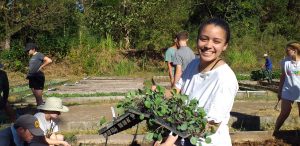
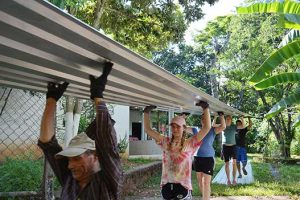
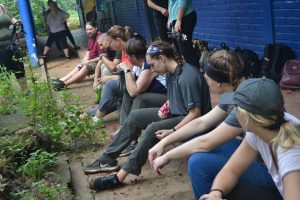
More About Us
CoCoDA projects are identified, designed, constructed and ultimately owned by our partner communities. The role of CoCoDA and our North American partners is to support these projects with financial capital and technical expertise. While there are often opportunities for delegations to physically work on these projects, this is an act of solidarity and not of charity.
CoCoDA projects, in order to be viable and sustainable, often take years to complete. Our primary goal is to nurture the capacity of the community, thereby enabling them to sustain the project upon its completion. In our experience, projects that are “gifts” from North Americans are harmful both to the recipients and to the donors. CoCoDA projects are true collaborations.
We ask every CoCoDA delegation to commit itself to furthering the progress of a project. First and foremost, each delegate contributes $200.00 to our project fund as part of their delegation fee. In addition, every delegation is given the opportunity to personally hear the hopes and dreams of the community, to work side by side with them, and – upon returning home – to raise dollars to support their efforts.
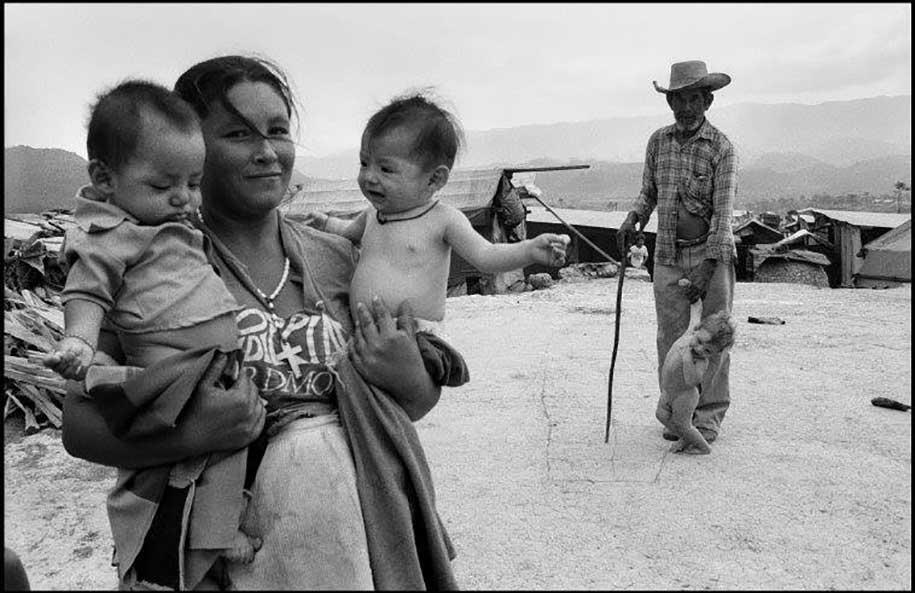
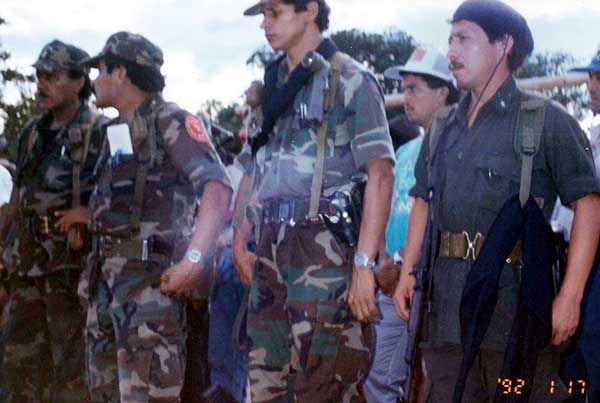
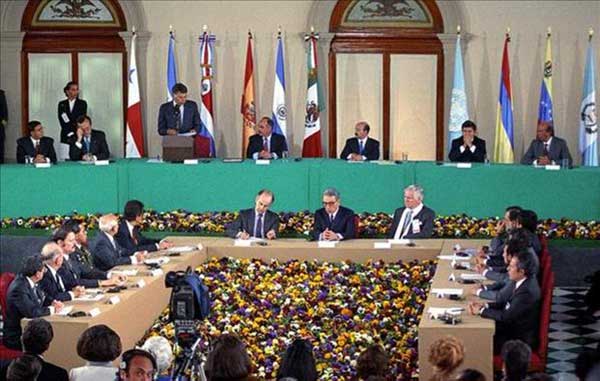
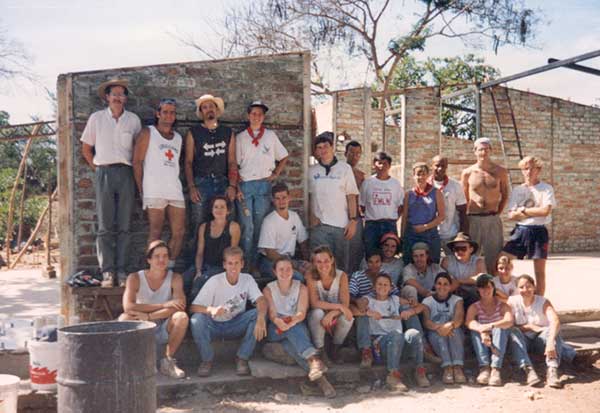
CoCoDA was born in response to US sponsored violence in Central America. This timeline positions our work in that tragic history…
1979 The Sandanistas overthrow the brutal Somoza dictatorship
1980 Archbishop Oscar Romero is assassinated
1980-1988 The Contra War claims over 60,000 Nicaraguan lives
1980-1992 Salvadoran Civil War, claiming over 70,000 lives
1986 Building With the Voiceless (BVES) created to lobby against US support of the Salvadoran government
1989 Jesuits murdered in San Salvador
1992 El Salvador Peace Accords signed
1992 BVES becomes Companion Community Development Alternatives (CoCoDA)
1993 CoCoDA leads first delegation to Santa Marta, El Salvador
1993 – 2000 CoCoDA works on housing, land reform, public education and constructing schools
2000 CoCoDA begins to focus on water and sanitation as well as education and public health
2005 CoCoDA completes first water project in El Zapote, El Salvador
2009 FMLN candidate Mauricio Funes becomes President of El Salvador
2010 CoCoDA and Rotary International complete the first solar powered water project in Zacamil Dos, El Salvador
2016 CoCoDA expands into Nicaragua with first delegation to Zacataloza
2018 Archbishop Oscar Romero is sainted.
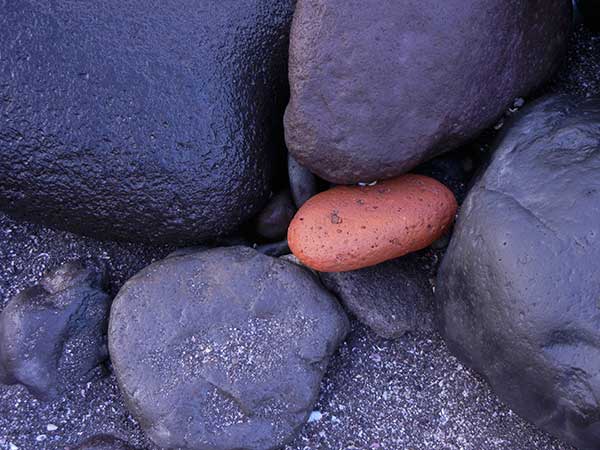
Newsletter Sign-up
The Companion is a bi-monthly news, opinion and story magazine on Central America, its resources and challenges, its culture and people, and the work of CoCoDA.



